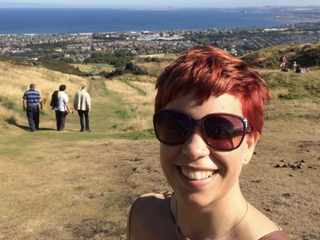Myelodysplastic syndromes (MDS) treatment and side effects
Myelodysplastic syndromes (MDS) intensive chemotherapy
If you have a high-risk MDS, you may benefit from intensive chemotherapy. This is the same treatment used to treat acute myeloid leukaemia (AML) and aims to kill a significant proportion of the diseased cells from your bone marrow, to allow the bone marrow to work normally again. The treatment has a high number of side effects so you need to stay in hospital for four to six weeks for each course.
A small proportion of people may be cured by intensive chemotherapy alone, although usually a stem cell transplant is needed afterwards.
Achieving a remission, even if not a cure for the disease, can improve your quality of life (often almost to normal quality) as long as the remission lasts.
How intensive chemotherapy is given
Most chemotherapy is given as an infusion into a vein (intravenously). It is given in cycles, so you have a course of treatment, and then a rest period with no treatment, and then the next course of treatment, and so on. It is often easier for you to have a central line inserted. This is a tube inserted into a large vein in your chest, which stays in place for the duration of your treatment. It means you can have the drugs given and blood taken without repeated injections.
Common side effects of intensive chemotherapy
The chemotherapy used in MDS is specially designed to kill the cancer cells in the bone marrow, so your blood counts will fall after the chemotherapy and remain low for a number of weeks. Healthy bone marrow cells are also ‘stunned’ in a type of ‘friendly fire’ but can recover better than the MDS cells if remission is achieved. During this time, there can be serious side effects, the most common of which are:
- infections
- bleeding
- anaemia
Other side effects can include:
- hair loss
- nausea and vomiting
- sore mouth
- diarrhoea
- loss of appetite and taste
- skin and nail changes
- infertility.
We have more information on managing common side effects of blood cancer treatment.
We also have some important information on staying safe if you’ve got blood cancer, covering things like risk of infection and vaccinations.

